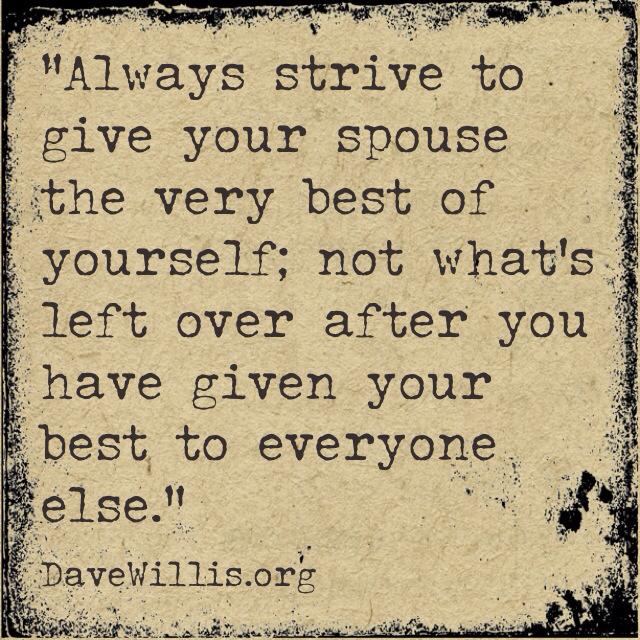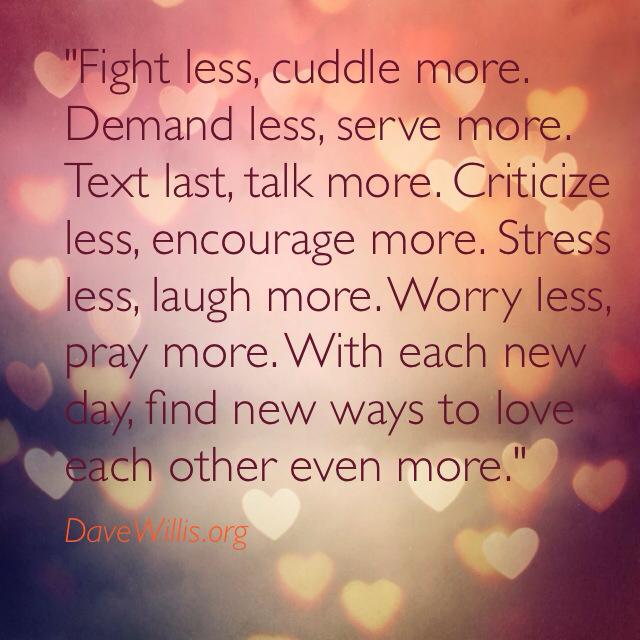4 Ways to Make Your Child’s Day
Believe it or not, the answer is not announcing, “A free day off school!” (Although I’m sure that would work too!) The answer is far more subtle—and much more profound. There is so much going on in your child’s head and heart that they find hard to explain, and which is SO easy for us to miss. And yet once you take these simple steps it speaks volumes to them. (This is especially the case if they are teens or tweens.)
Based on the research with more than 3,000 kids for
For Parents Only: Getting Inside the Head of Your Kid, here are four phrases and actions that will make their day.
How to Make Their Day #1: “Okay, go ahead and try.”
Guess what is the primary motivator and influencer of our teens and tweens? It isn’t peer pressure, the values shared by the latest reality series, or even those
so helpful pieces of parental advice.
According to our surveys, their greatest motivator is the influence of
freedom. Their whole lives they have only been able to do what we let them do (more or less!), and now that they are getting into their tween and teen years, they suddenly have the ability to decide things and do things
for themselves. It is intoxicating and powerful.
The problem is, freedom is also something that we tend to resist giving them, just when they most need to learn how to handle it well! We need to be wise, of course, but, there are times that we have to take a deep breath and say “Okay, go for it.” I still remember when my 13-year-old son accompanied Jeff and me to a dinner with friends, only to discover that the son of the other couple hadn’t been able to make it. Our son ate his food, a bit bored, and then surprised us.
“Mom, you guys will be talking a while. Can I walk home?”
“Walk home? It’s three or four miles!”
“Yeah. It’s all sidewalks though.”
I started to protest, then Jeff stepped in. “If he has his phone so we can track him, I’m okay with that. It’ll be good for him to try.”
I had to realize: it
would be good for him to try! The delighted look on his face when we said “go for it,” told me just how much it meant to him.
And it was also good for me to practice giving him the independence he craved. (Although it sure wasn’t good for my ability to concentrate on our dinner conversation that night!)
Whether it is letting a young teenager try something new or letting your 17-year-old prove their responsibility as they stay home on their own for a night, letting them try will make their day.
How to Make Their Day #2: “Tell me more about that.”
Believe it or not, the vast majority of teens and tweens on our nationally-representative survey said they
wanted to be able to share things with Mom and Dad. The issue is: they want to share them on their own terms,
without feeling like they are getting yet more advice from our deep stores of parental wisdom.
Without realizing it, when a child (of any age) shares something emotional—they were bullied at school, the teacher was unfair, they messed up in front of the coach—we parents have a pattern. We are so emotionally invested and want to help our child, that we jump into
how to help them. (“Well, when you see the coach tomorrow, why don’t you ask if you can work through a few reps with them?”)
That’s not what our kid is looking for. As we will probably hear quite forcefully when they say, “You never
listen to me!”
We are puzzled. (“Of course I’m listening! I’ve been listening for 10 minutes!”) But what we don’t realize is that our child is wanting us to listen to their
feelings. They need to work out all these tense, jangling, upset, emotions and what they most need is to hear us say, “Wow, tell me more about that. What happened then?” They need to hear us say, “That must have been really hard. I’m so sorry that happened.”
That is what they need to feel heard.
It is hard for us to essentially just shut up and draw out the feelings, but it will leave them feeling SO much better!
How to Make Their Day #3: “I’m sorry. Will you forgive me?”
I’m not sure why, but although we expect our kids to apologize to us when they have been difficult or disrespectful, we don’t always do the same. Every parent has hurt their child’s feelings. Every parent has gotten exasperated in a way that has made a child feel stupid. Every parent has been unduly harsh, has embarrassed their child, or has simply made a mistake in what they assumed about a child’s wrongdoing.
In the middle of the emotional pain that we have caused, it changes everything when we realize it and apologize. It takes humility to tell your child that you were wrong. To ask for forgiveness. But in doing so you are not only touching their heart, you are modeling something incredibly important.
And you have taken a terrible moment and turned it into a powerful one that will bring you and your child together in a very, very important way.
How to Make Their Day #4: “You’re amazing”
Yes, they will blush, stammer and try to brush it off. But tell your kid what you love and appreciate about them. Be specific. Tell your daughter how beautiful she is, inside and out. Tell your son how proud you are of him for stepping up to always take out the trash without being asked. Tell your kids what you liked about how they handled the difficult trip to visit the extended family, or how much you love their patience with their siblings.
Give your kids a hug along with the words (it counts, if it’s a brief side-arm hug, for a non-touchy teen!), a smile, and let it just sit there. Then do the same thing again tomorrow. And the next day.
Those words of affirmation are like fuel for your child’s heart.
The best way to make your kids’ day—every day—is to make sure your child
knows how much you love and appreciate them.









